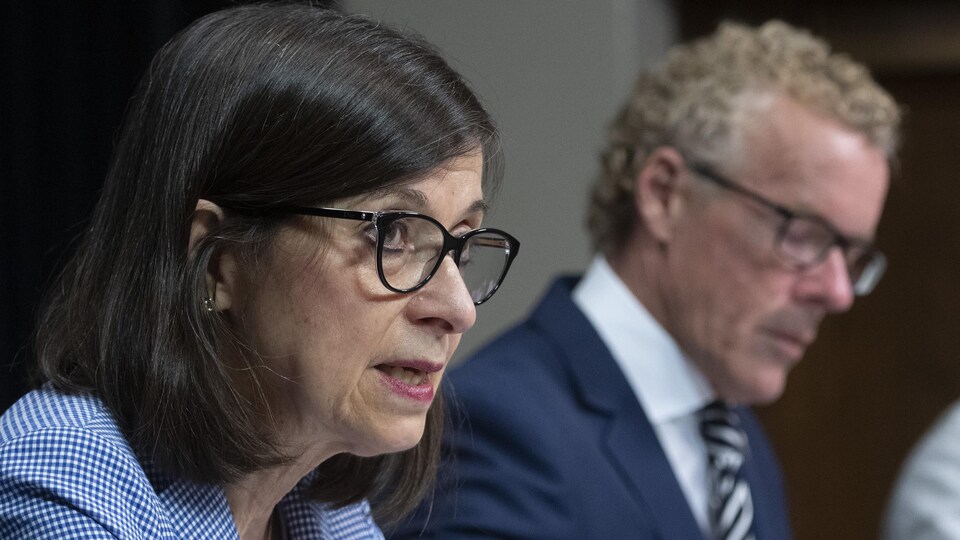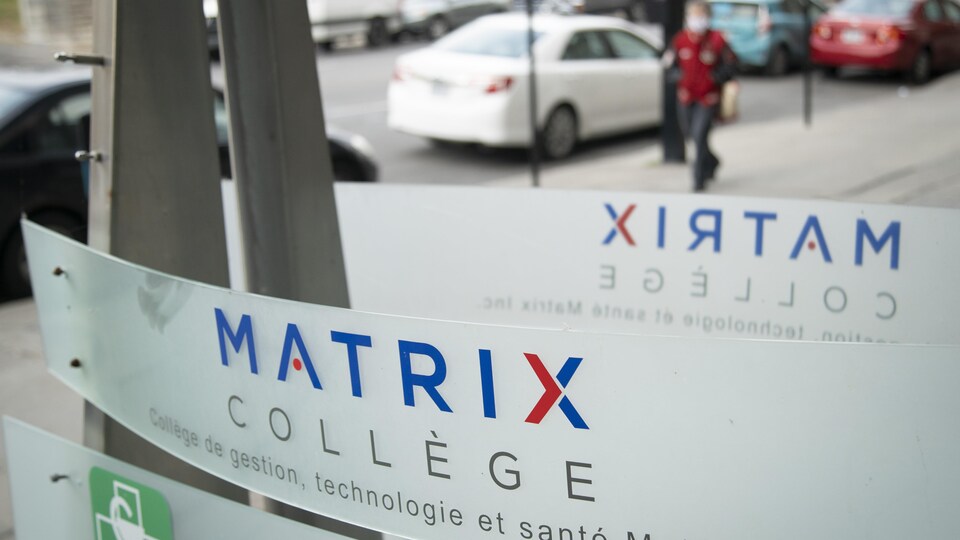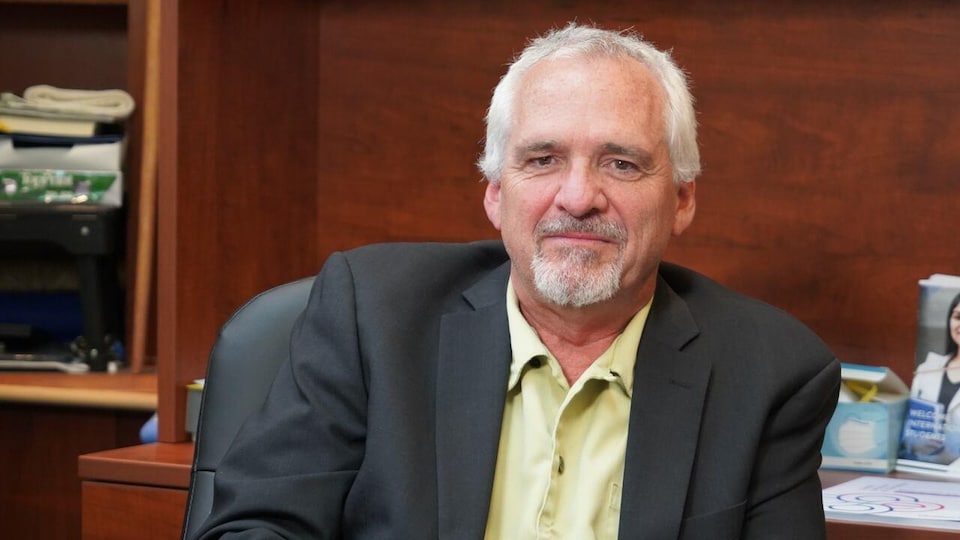“Quebec’s private colleges were destroyed. “
In a statement sent to Radio-Canada, the director and founder of College Canada, Cyrus Shani, did not hide his despair after the joint announcement by the Legault and Trudeau governments.
Beginning September 1, 2023, international students graduating from an unsubsidized private college will no longer have access to post-graduation work permits. The latter allows you to live and work in Canada for several years and is a gateway to permanent immigration.
This measure is made to protect integrity education and immigration systems, “said Quebec Immigration Minister Jean Boulet. Various reports have revealed problems related to the quality of teaching and the recruitment of thousands of students, mainly from India.
Following a government investigation, Quebec, with a dozen establishments on its sights, launched an action plan in the spring of 2021 to clean up this network.
Thousands of Indian students are recruiting
Henceforth, international students are no longer interested in going to Quebecsaid Cyrus Shani, the boss of College Canada.
” The new law will reduce the number of international students to zero. Private colleges [vivent] their last breath. “
The latter is one of the largest non-subsidized private establishments in Quebec. Thousands of Indian students have attended the ranks of College Canada and several other colleges over the past few years.
Their numbers also exploded in Quebec in a short time. For the year 2020-2021, most of the foreign students in the college network are from India. More than 12,000 Indians are enrolled in an institution in Quebec, compared to about 3,000 French and 700 Chinese, according to data from the Ministry of Higher Education.
As shown in the report byInvestigation (New window), many establishments and recruitment firms have used the immigration argument and this post-graduation work permit to attract students. Quebec is by far the only province to allow access to this document after brief professional training, which cost nearly $ 25,000.
A disaster and one lack of transparency
For a long time, Ginette Gervais, president of the Hermès network of colleges, underlined, it was a disaster.
Also president of the Association of non-subsidized private colleges (ACPNS), he lamented, in a press release, the lack of consultation and of advance notice.
” This measure is a step backwards in what should have been a joint effort to train and retain the highly qualified workers that Quebec and Canada desperately need. “
The investigations conducted by the ministry should have made it possible to identify these colleges accurately and directly address the problems with them. […]. Instead, the government implemented a one -sided policy based on the findings of a report that no one had a chance to read.said Ginette Gervais.
The lack of transparency as well as inconsistencies between the provincial and federal governments over the details of the new policy have left thousands of international students in Quebec confused and ignorant about their future in the province.he believes.
We did nothing wrong and we were punishedregret Michael McAllister, the director of Herzing College, an establishment founded in 1968.
Since this controversy began, he swears he has changed his approach, to focus on the French -speaking market.
We really changed our approach to attract French -speaking studentshe said, also criticizing the lack of dialogue on the part of the Quebec government. No one tried to talk to us to find a solution.
A decision arbitrary
In the eyes of immigration lawyer Ho Sung Kim, Quebec and Ottawa could look strange. I understood the purpose, but it didn’t work out. We cannot punish those who follow the rules. There will be collateral damage. Rather, the field of education must be regulatedhe believes.
” Are we saying that all colleges in Quebec are low quality? That’s what we do. Instead, the rules on issuing permits to these schools should be strengthened. “
Involved in a legal process at Rising Phoenix International, a recruitment firm whose leaders are subject to criminal charges, the Higher Institute of Informatics (ISI) is criticizing its part of a decision arbitrary and unreasonable.
” A private, non-subsidized college does not cost the government or taxpayers a cent, unlike public institutions, which accept grants for infrastructure in addition to billing students. “
If the Quebec government wants to correct the proportion of French-speaking international students hosted by Quebec, it is on the wrong target.he continued.
Private colleges without subsidies demanded nothing more than to accept more Francophones. Instead of helping us achieve this goal, Minister Boulet decided to reclaim an advantage Quebec had gained to attract international students.
In collaboration with Benjamin Shingler
Source: Radio-Canada


